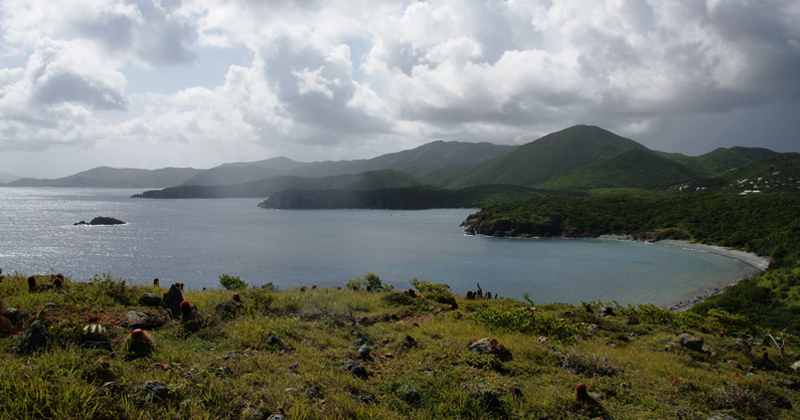
Beyond Beaches and Cocktails: A Reading List of the Caribbean
Eleanor Shearer Recommends Marlon James, Monique Roffey, and More
For many tourists, the Caribbean is a paradise. A place outside time—with no history and no future. A place for cocktails on the beach and escaping the relentless rhythms of modern life. But to me, the Caribbean has always been beautiful because of its history, not in spite of it.
A cross-roads of cultures—African, Indigenous, Asian and European—it is a place where slavery and colonialism cast a long shadow. But it is also a place of joy and hope, not just of suffering. When writing my own debut novel, River Sing Me Home, which is about a mother searching for her children after the abolition of slavery, I wanted to centre all the ways Caribbean people have resisted their exploitation and made a kind of freedom for themselves, sometimes in desperate circumstances. All of the books below I admire because they do not shy away from the pain and suffering in the Caribbean’s past (and present), but they show Caribbean people as agents of their own liberation and authors of their own destinies.
My grandparents moved from St Lucia to the UK in 1957. I was born and grew up in London, a far cry from the muggy heat and tropical rains of my grandparents’ childhoods. So when I visit the Caribbean, it is at once familiar and unfamiliar to me—I experience its beautiful landscapes as an outsider, but then I see a village name and recognize it as the home of a relation, or spot hibiscus growing on the side of a road and remember stories of my step-grandmother crushing the flowers to make shampoo. Perhaps it is this feeling of being somewhere in between, both belonging and not belonging, that makes me love Caribbean literature so much—helping, as it does, to bring me closer to my heritage and to my grandparents.
*
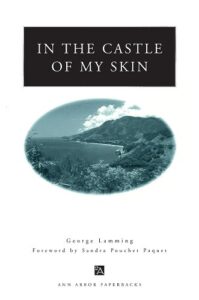
George Lamming, In the Castle of My Skin
This semi-autobiographical novel set in Barbados in the 1930s (around the time my own grandfather would have been a young child) is wonderfully immersive. A single scene—like children rushing to catch crabs on the beach—can unspool over pages and pages, transporting you completely. I also love its nuanced treatment of race, masculinity and colonialism.
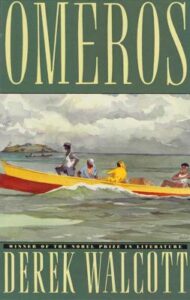
Derek Walcott, Omeros
Derek Walcott won the Nobel Prize for Literature in 1992, and this epic poem is probably my favorite of all his works. Interweaving classical references with a story of island life, the language is beautiful and the whole thing is shot through with a deep sense of history. Every time I read it, I get something new out of it.
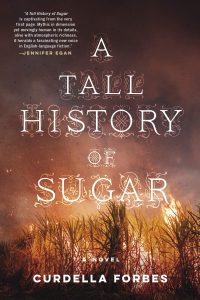
Curdella Forbes, A Tall History of Sugar
Caribbean literature, like that of Latin America, often excels at touches of magical realism or folklore. Forbes’ novel, about two unlikely friends in Jamaica on the cusp of the island’s independence, has a mythic quality to it. The scale is at once epic—examining colonialism and its effects—and deeply human, with the two protagonists giving the novel its heart.
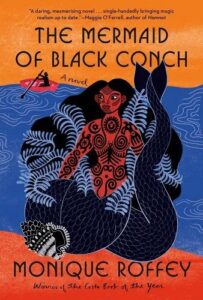
Monique Roffey, The Mermaid of Black Conch
Another novel shot through with a kind of magic, this poetic book details a mermaid who ends up living amongst humans in Trinidad. Most memorable are the passages where Roffey describes the mermaid in her true form, more awe-inspiring sea creature than Disney princess, something powerful yet beautiful its strangeness.
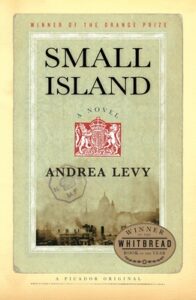
Andrea Levy, Small Island
After the Second World War, many thousands of people moved from the Caribbean to the UK. Andrea Levy’s novel is one of the most moving portraits of the Windrush generation—of which my grandparents were a part—detailing the discrimination and hardship they faced and the resilience they showed in building a new home for themselves. But it also deeply tender and sympathetic in dealing with the white people with whom these immigrants’ lives intersected, producing a novel that is—like those of us descended from the Windrush generation—just as much British as it is Caribbean.
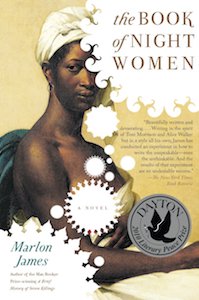
Marlon James, The Book of Night Women
This novel centres around Lilith and the other enslaved women around her on a plantation in Jamaica. Told in a narrative voice that captures perfectly the rhythms of Caribbean speech, it centres resistance to slavery without having an oversimplified sense of morality. All of the characters are nuanced, complex people navigating impossible brutality however they can, and they really stayed with me.
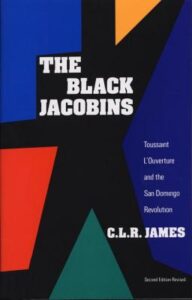
C.L.R. James, The Black Jacobins
A work of history that is almost as gripping as a novel, C.L.R. James’ iconic account of the Haitian Revolution brought a shamefully neglected part of Caribbean history to wider historical attention. James’ account centres around the revolutionary leader Toussaint Louverture—perhaps sometimes to its detriment, slipping into an old-school ‘Great Man’ theory of history. But James’ protagonist is enigmatic enough to make it work.
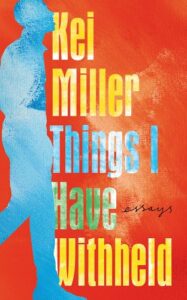
Kei Miller, Things I Have Withheld
This beautiful collection of essays by the gay Jamaican author Kei Miller is wide-ranging, lyrical and thought-provoking. Miller is an expert at dwelling in the gap between what is said and what is left unsaid, and in one essay conjures up the powerful image familiar to every Caribbean family of the old woman, half-hidden in the corner, who is the bearer of family secrets.
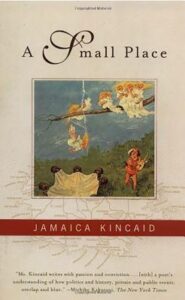
Jamaica Kincaid, A Small Place
This powerful and polemical essay is challenging but essential reading for anyone traveling to the Caribbean as a tourist. Writing about her birthplace of Antigua, Kincaid is unflinching in her criticism of colonialism and neo-colonialism in the Caribbean without slipping over into simplistic moralizing.
__________________________________
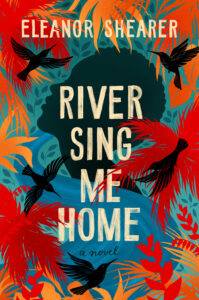
River Sing Me Home by Eleanor Shearer is available from Berkeley, a division of Penguin Random House, LLC.
Eleanor Shearer
Eleanor Shearer is a mixed-race writer and the granddaughter of Windrush generation immigrants. She splits her time between London and Ramsgate on the English coast so that she never has to go too long without seeing the sea. For her Master’s degree in Politics at the University of Oxford, Eleanor studied the legacy of slavery and the case for reparations, and her fieldwork in St. Lucia and Barbados helped inspire her first novel.



















